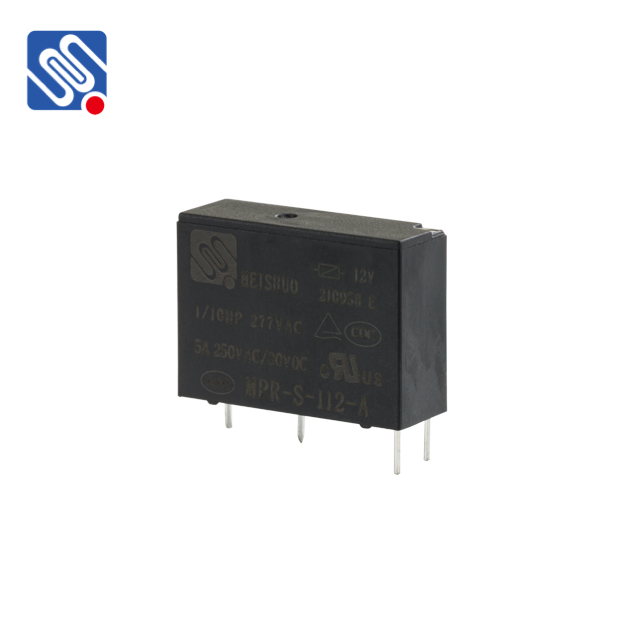relay stability: a key factor in power system protection with meishuo’s advanced solutions
Release time:2025-11-11 09:26:49
Relay stability is a critical aspect of modern power systems, ensuring the protection and proper functioning of electrical circuits. It refers to the ability of relays to operate accurately under different conditions, maintaining the balance between protecting the system from faults and preventing unnecessary disconnections during non-fault situations. Proper relay stability is crucial for the seamless operation of electrical grids, minimizing downtime, and safeguarding equipment.

One key challenge in relay stability is distinguishing between actual faults and transient events that may occur in a power system, such as switching transients or load fluctuations. Inaccurate relay actions during these non-fault events can lead to unnecessary shutdowns or disruptions in the system, which could affect a wide range of operations from power plants to local utilities. Therefore, ensuring the relay’s stability involves a delicate balance of sensitivity and selectivity in its operation. Meishuo, a leading provider of advanced relay protection solutions, plays a significant role in enhancing relay stability in modern power systems. The company’s innovative approach to relay design is built on cutting-edge technology and a deep understanding of the challenges faced by electrical grids. Meishuo’s relays are equipped with sophisticated algorithms that analyze real-time data, offering enhanced fault detection, accurate decision-making, and quick response times.

